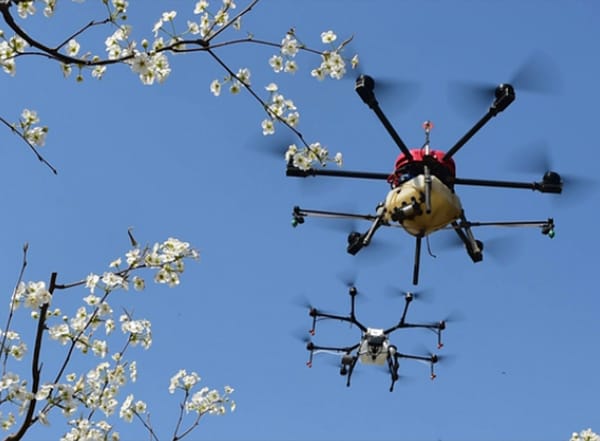
On 15th September 2019, two major Saudi Oil Installations were hit by a drone strike, and later in March 2022, a drone attack caused a small fire at an oil refinery in Riyadh. Saudi Arabia is known for its oil reserves, but the Land of Liquid Gold is also renowned for its rapid technological advancement and modernization efforts. As the country moves towards progress, one major aspect that demands attention is airspace security. Once drones were considered a novelty, but now they have become a tool that can be used by perpetrators to compromise national security. With the rise of rogue UAVs (Unmanned Aerial Vehicles), the need for robust UAV defense in Saudi Arabia has also grown. So, without further ado, let’s delve into how these technologies can impact Saudi Arabia’s future, and how they can contribute to the country’s security and development goals.
The Growing Significance of Airspace Security
Saudi Arabia’s strategic importance on the global stage invariably and implicitly means prioritizing airspace security. As drones become more accessible, they can also become the harbinger of associated risks. From unauthorized surveillance to potential attacks on critical infrastructure, including oil refineries, airports, and government buildings, drones pose a multifaceted threat. In these instances, to ensure Saudi Arabia’s airspace protection, counter-drone systems can detect, track, and neutralize unauthorized UAVs and ensure national security. However, can these impact the future of a country? Well, here’s the answer!
Protecting Critical Infrastructure
Saudi Arabia’s economy relies heavily on its energy sector, and the country is home to some of the world’s largest oil fields and refineries. These infrastructures are prime targets for hostile drone activity, and here counter drone measures can help security personnel to safeguard the airspace from any unauthorized drone and neutralize the UAVs before they cause any damage. This doesn’t just prevent potential dangers, but it also safeguards the economy from costly disruptions.
Strengthening National Security
Anti-drone technology in Riyadh is also crucial from the national security point of view. With the constant evolution of drone technology, counter-drone systems are a proactive measure against surveillance, smuggling, and even terrorist activities. These systems can be deployed at border checkpoints, defense bases, and government buildings, significantly reducing the risk of drone-based intrusions.
Improving Public Safety
Beyond critical infrastructure and national security, counter-drone systems can be instrumental in safeguarding public spaces. Large-scale events such as the annual Hajj pilgrimage, concerts, or international sporting events attract massive crowds. Unauthorized drone activity in these environments could result in accidents, panic, or even targeted attacks. Deploying counter-drone systems at these events allows security forces to prevent UAV disruptions and ensure public safety.
Smart City Innovations
Saudi Arabia’s Vision 2030 focuses on the development of smart cities like NEOM, which integrate technology into daily life. Drones will play a key role in these cities for tasks like delivering goods, monitoring traffic, and providing surveillance. However, with increased drone activity comes the risk of accidents or unauthorized usage. Counter-drone systems will be critical in managing drone traffic within these smart cities so that only authorized UAVs can operate in specific areas.
Conclusion
As drones have become such an accessible piece of technology, there’s no denying that anti-drone systems will become a critical component of Saudi Arabia’s future. These systems provide more than just airspace security; they offer economic protection, strengthen national defense, and serve as vessels of tech-enabled innovation. Looking for the best anti-drone supplier for Saudi Arabia? Reach out to our professionals today.
